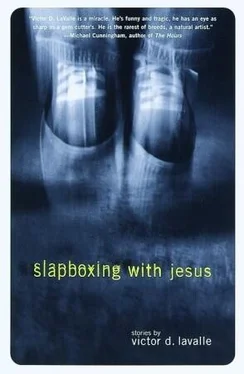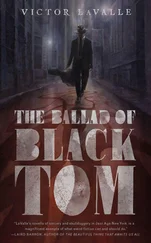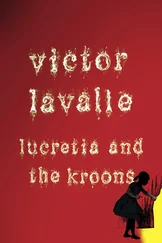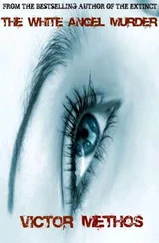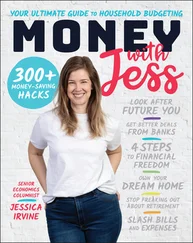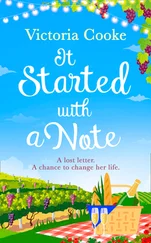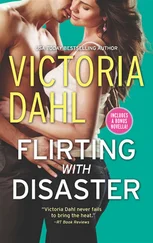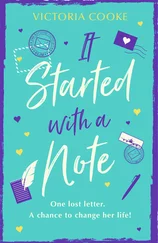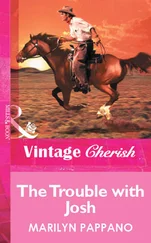After he had made his money (however) Rob rode subways for long hours, a stretch to last days, only sometimes getting off (pick a station, any station) to find a storefront, bought ten or twenty candy bars that he would then carry in a sock he never wore (wouldn’t even wipe up with it). While reriding the trains, after booty was bought, the lights above your head were hypnotic if you laid back and watched; eventually you saw the way they dimmed and brightened, dimmed and brightened (you’re getting sleepy) and before this brought him into a trance, Rob would dig into his sock, that sock, and bring forth one candy bar, eat it in two bites, the sugar dancing in his system, and watch the lights some more. For a year.
The Verrazano Narrows Bridge is impressive. It costs seven dollars. The thing is all fogged up so that when they cross into Staten Island it seems like one of those enshrouded areas in movies. A crush of cars returning home like the two of them. Harrold touches the rearview mirror and twists it until he can see himself.
— You look nice, Rob assures, but the man has grown beyond some vanities. The land is green and gray, white paint divides the lanes. They take the third exit, ride along a minor curve as they merge with the traffic on Clove Road. Now Rob sees buildings: the stores in strips that could be the signs of a civilization gearing up or winding down. They pass homes in rows sitting on very slight hills, many tilted in odd directions, as though something has set them out quickly, in a rush to leave. Some children are more careful with their toys.
Harrold asks, — You want to see where the ferry comes in? He says it like this will be impressive.
Rob doesn’t think he’ll care but soon he’s excited. Down by the ferry is the closest this island comes to being a city. Rob doesn’t think this borough is dying to industrialize and overpopulate. While Manhattan often seems to cry, Colonize me! along its overcrowded pores, this whole land shrugs at the idea. At times it even turns its back.
Rob fidgets and opens the glove compartment. Various papers and empty packs of gum are crushed by a clear plastic bag of egg yolks, twenty or thirty. He pulls them into his lap. They are greenish along with the more customary yellow. They have not gone bad. Rob opens the Ziplocked top and inhales the strong smell. He takes one out, it is flaky in his hands and weak, the ball crumbles. Rob chucks it all in his mouth and chews. He licks his palm.
— That’s mostly all I eat, Harrold explains.
— You ate pizza.
— I said mostly.
Rob shakes the bag. — I could make you better things than this.
Harrold grins. — I’d like that. But those are still good. The yolk is the brain of the egg. He taps the steering wheel with the index finger of the hand that steers.
— I would have said the heart, Rob says.
Harrold shakes his head. — Eggs have no heart. Just the shell, the whites and those. You peel away and finally get down to the real life of the whole thing. I think it’s amazing really, how they planned it out so well.
— Who?
— Who? God. Don’t you know that?
Rob nods along, but doesn’t get it. He is pretty sure this whole egg metaphor is being taken much too seriously.
— Secession? Rob points to the visor on his side that he’s pulled down to check his face, but instead of a mirror there is a sticker: silver background, black letters and a little boat at the right end.
— Secession, Harrold agrees, twists in his seat.
— I know that word, but not what it means.
— These days? Harrold spits. Nothing. Not one damn thing.
Rob shakes his head. — No, come on. What, really?
Harrold gestures with his hands for an effect, but what kind even he can’t say. — It means when someone decides they want to be on their own. That they want to live on their own, in peace.
They wait at a light. Rob grins to Harrold and announces, — Then I’m in secession!
Harrold laughs loud and hops in his seat as much as he can and still drive. — That sounds good to me, Rob, real good. I don’t have much food in the house. You eat a lot?
— At least a little.
— Yeah. Okay then. Harrold pulls his Corsica in front of a convenience store. The only move he makes is to pull his pants down again. It is daytime. You can do better than that last one. I don’t care about you riding on trains. You want some food, give me something worse. The street, tell me about that kind of stuff. He holds himself in anticipation.
— You could save it, Rob had been told before they got in the car.
This was so long ago. He doesn’t really remember their faces, he’s not good with those, not names either, but give him maps to decode, addresses — anything with numbers. If he knows to memorize it, then he can say it to himself four times and the information will never be forgotten.
— You could save it, Rob had been told before the three of them got in the car. You keep the atlas.
He held the map, got the front seat. Next to him the driver was his father, checking to see if they’d packed properly. It was as if they’d been evicted, all Rob’s things were in two boxes. A day later they found a small blue lake, tossed in Rob’s pants, shirts, socks and books; his dad promised, — Forget all those old things. We’re going to get you better stuff. In the back, his mother had brought sandwiches.
In the navigator’s seat, Rob was Direction Man, calling out the proper interstate numbers, the right exits. They had said to him, over a dinner of thin chicken, bread, in a rest-stop McDonald’s, — Okay then, you choose where we go. And Rob had, for two nights, surveyed the atlas of the entire country with painful delicacy. He’d traced the red lines leading from home to everywhere; finally he came to his parents and said, — Let’s go to New York, they make Sno-Kones there.
To pass time they played a game: after eating, his father and mother climbed in the car, that old thing, and told him to stand there and count to one hundred. When he began, the car got going, off, away, gone. By forty-five, the first time, Rob was quivering, at eighty-two he was in tears, but they were back by ninety-seven, hugging him, caressing his little head. Laughing. Telling him that he looked silly. — Stop making a big deal. We were just playing. Each next place they made him count higher, one hundred twenty-five, one-fifty, three hundred.
It did get fun to wait and see how close to the number they could come. At four hundred fifty they were late and Rob kept counting, he got to five hundred before they were back. His dad told him, — We were seeing if you were going to cry! and pointing at him and grinning. And Rob said, — Nah, I wasn’t scared.
— You could save it. She pointed to the map again, before only two of them got back in the car. Rob stood on a block he’d know as years went by, in Manhattan, with buildings that go up and up, then more. They had pressed the atlas in his hand, they had started the car, they’d said, — Okay, count to one thousand. He stopped at one thousand four hundred ninety-one. He waited.
Harrold gets out. Rob has cleaned a mess with his shirt, which was off and is now on again. He flaps it with two fingers, the window open, so the cool air can come in and dry things. Harrold returns, opens the car door and takes his keys out of the ignition. Rob feels lightheaded and when he feels like that he is the prettiest thing on two feet, including all those agile birds. He is giddy. In his back pocket, folded into a thick square, is the cover of the atlas he’d been given, the rest ripped in a rage by Andre one afternoon. He takes it out, holds it over his mouth like a CB radio and speaks into it like there’s a direct connection to his family. He believes they want to hear from him. He assures them, — Harrold seems nice.
Читать дальше
